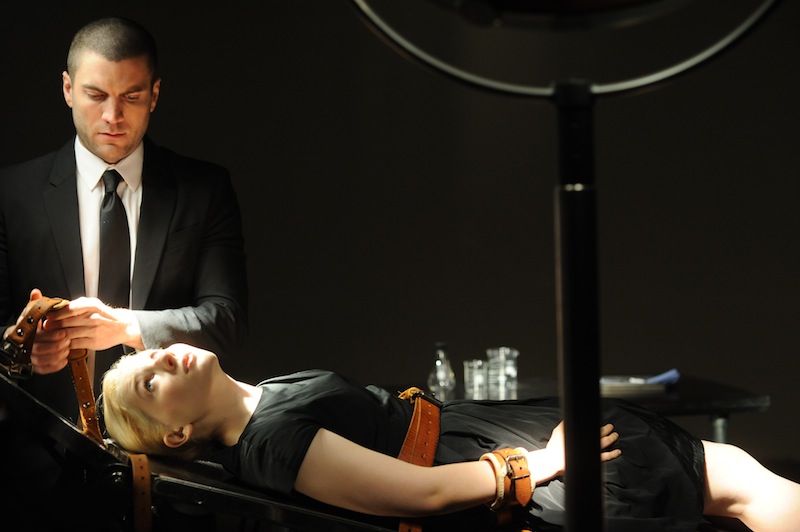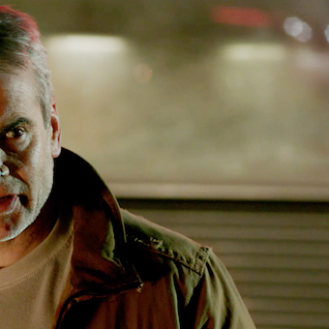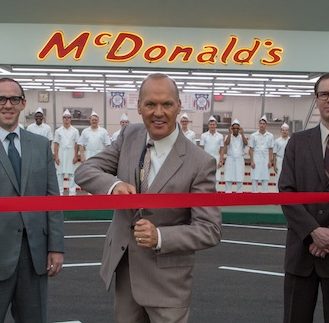By: Addison Wylie
Final Girl is exactly the movie an up-and-coming actor makes in order to break into the biz. Later, when that actor has gone on to perform in bigger and better things, the breakout role is used as a nomination for film geeks to name obscure low-rent schlock that person had starred in. For some reason, actress Abigail Breslin has decided to work backwards, and make the low-rent schlock after earning an Oscar nomination for Little Miss Sunshine and gaining career momentum in films like Zombieland, August: Osage County and Maggie.
Breslin – along with Wes Bentley, Cameron Bright, and Alexander Ludwig – flounder in Final Girl, a film some will try to convince you is a play on the slasher genre but there will never be enough proof to back up such a flimsy belief. Final Girl doesn’t say anything new about the conventions of horror. Final Girl punches in, barely lifts a finger to entertain or scare, and then punches out. This is a movie that is so forgettable, it starts vanishing midway through scenes.
What a terrible way for photographer Tyler Shields to begin a film career. I’m hoping the bamboozled filmmaker realizes helming a movie isn’t in his wheelhouse. Shields would be better off shaping himself into an art director or lighting designer. When you watch Final Girl, you see how much work has been applied to the visual style. Lots of attention (maybe too much attention) has been directed towards how a scene is lit or how actions should be framed. Final Girl isn’t a film I would deem as gorgeous or attractive, but the viewer can tell how Shields’ priorities were arranged.
The story is a contrived tale of a young girl who is taken under the wing of a mentor, whom is then trained as a stone-cold assassin and sent on her first mission. Veronica (Breslin) is assigned to exterminate four young men who cackle like hyenas while they lure women into the woods and hunt them for sport. The killers (Bright, Ludwig, and an excruciatingly exaggerated Logan Huffman) are basically yelping chauvinistic cardboard cutouts with nothing interesting to say or do.
While Shields preoccupies himself by over-rehearsing his ill-equipped actors and over-thinking the visual design, the filmmaker receives no help from sighing screenwriter Adam Prince. Prince neglects the story that’s been provided by three people (Stephen Scarlata, Johnny Silver, and Alejandro Seri), and gives the audience an example of early exploitation films through the eyes of high school students (or the subjects in The Wolfpack) who have watched too much Tarantino and still don’t understand it. These vicious, murderous young men act like lunatics, but they are never truly turned into dangerous people. This makes it easy to hate these alpha males on sight, but even easier to hate this pitiful thriller.
Do You Tweet? Follow:
Addison Wylie: @AddisonWylie





Leave a comment